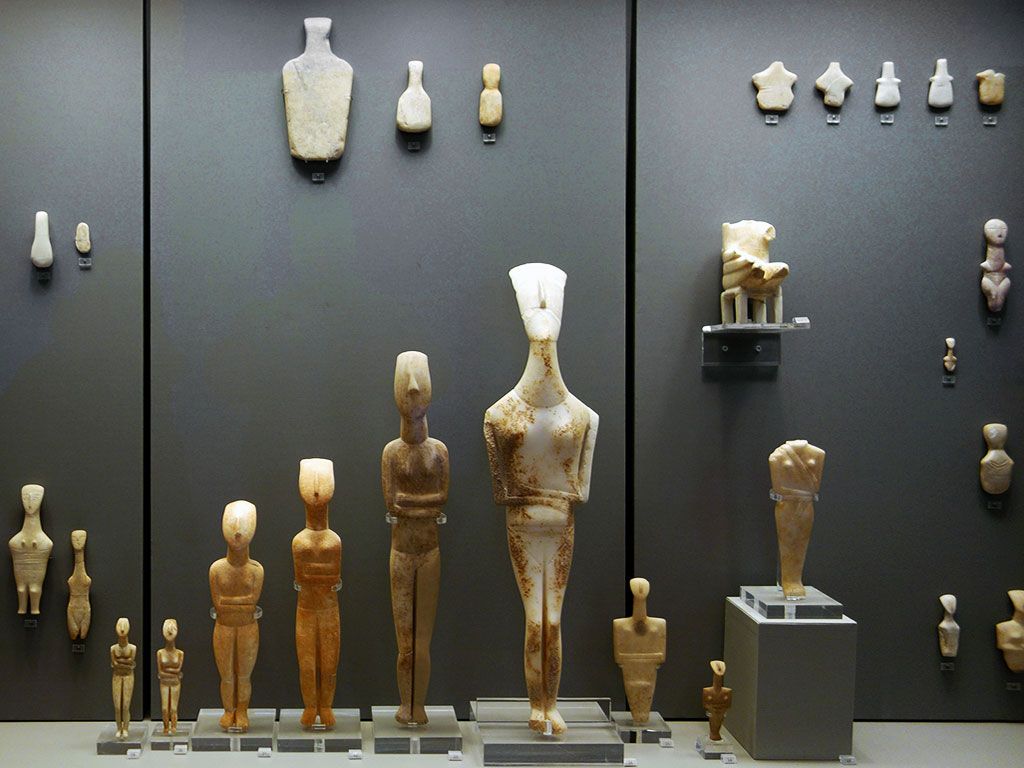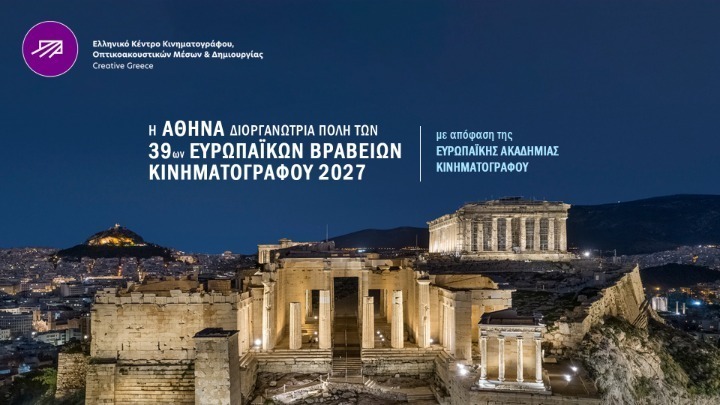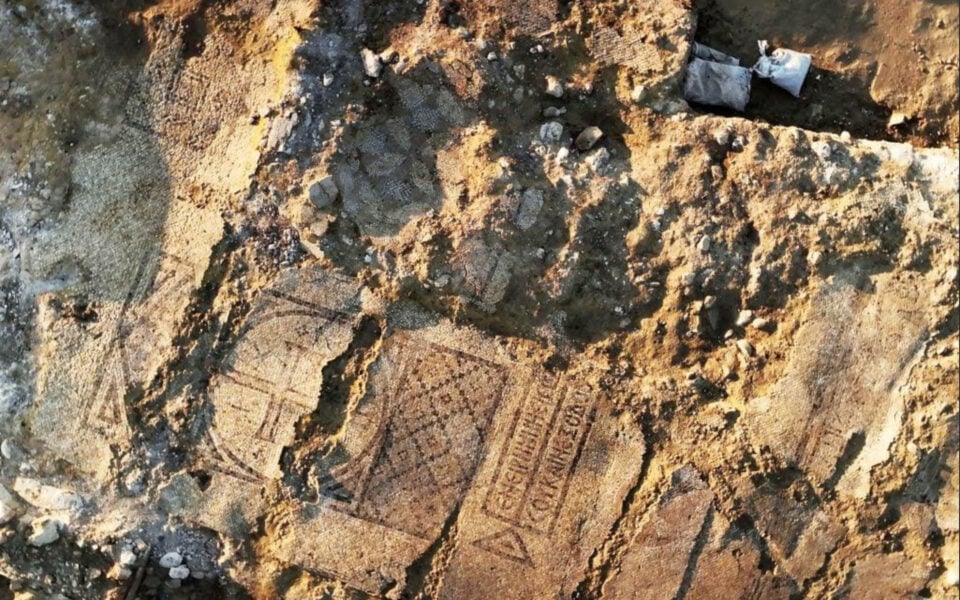Cycladic figurines agreement concludes first reading in Parliament amid strong objections


An agreement between Greece and the United States for the return of a private collection of 161 Cycladic figurines was ratified at committee level in Parliament on Monday.
The Standing Committee on Cultural and Educational Affairs approved the bill on the strength of ruling New Democracy votes. Main opposition SYRIZA, the Communist Party of Greece and MeRA25 voted against ratification, while PASOK-Movement for Change and Greek Solution said they will take a stance at plenary.
The agreement is titled, “Ratification of an Agreement Between the Ministry of Culture & Sports, the Cycladic Museum of Art in Athens, the Metropolitan Museum of Art in New York, and the Institute of Ancient Grek Culture in Delaware, related to the return to Greece of a private collection of 161 antiquities of the Cycladic Culture in New York City and its exhibition at the Metropolitan Museum of Art in New York.”


Once the agreement is ratified, a group of 15 selected figurines of Cycladic art – dated between 3300 BC to 1100 BC – that are not already represented in Greek museums will arrive in Greece by October 15, expenses paid by the Met, and will be shown at the Cycladic Museum for a year. They will then be returned to the Met and all 161 shown together as a group, as Culture Minister Lina Mendoni explained to the committee.
The 161 figurines of a private collection will be then loaned to the Met in January 2024 for 10 years, after which (in January 2034) they will begin to be returned to Greece in batches of 15 every five years. The loan agreement with the Met will conclude in January 2049, and the Greek state may extend it.
Calls for revocation
The terms raised the objection of Syriza, which called for the draft agreement’s revocation. Minister Mendoni criticized the demand, saying that “the bill will bring back to Greece 161 antiquities that we did not know existed, were not registered in any ministry department, and therefore we would never have acquired them or claimed them.”
Responding to comments that the government could have claimed their return, Mendoni said “why should Greece claim through courts a collection that is given to it,” and said that the agreement does not bar Greece from demanding other antiquities that may be found in other countries. Based on archaeological laws of Greece, the Greek state is the only legal owner of Greek antiquities, “but the law does not state that the Greek state is the only owner, as ownership can be provided to others as well.”
The group of rare figurines were donated to the Institute of Ancient Greek Culture in Delaware, with the provision that they will be shown at the Metropolitan Museum before returning to Greece. Mendoni said the Institute will promote Greece’s cultural heritage, and includes statutes that oblige it to observe Greek archaeological law and any actions be approved by the Greek ministry of Culture, the minister said. The ministry has not signed an agreement with a donor, but with the legal entity which received the donation, Mendoni insisted.
Any disagreements will be resolved at Greek courts, she said, “a great provision” in the agreement.
Source: amna.gr





